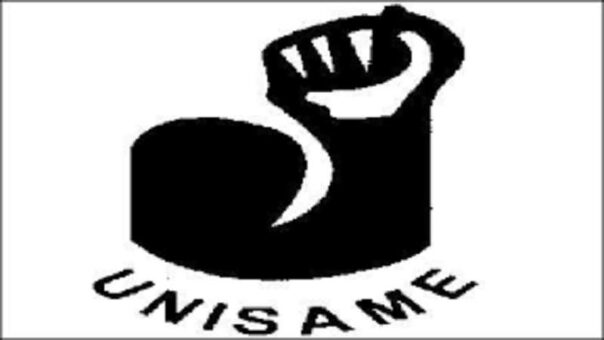In a plea to the State Bank of Pakistan (SBP), the Union of Small and Medium Enterprises (UNISAME) has drawn attention to a concerning situation involving thousands of containers holding vital goods such as solar panels, second-hand clothing, plastic granules, and general merchandise.
These containers are stranded at customs due to commercial banks’ reluctance to release import documents for goods imported on deferred payments and documents against acceptance (DA).
Zulfikar Thaver, President of UNISAME, expressed serious concerns about the acute shortage of these essential goods in the market, resulting in traders inflating prices to unaffordable levels. To address this pressing issue, Thaver suggested a solution to the SBP, proposing that commercial banks be allowed to release the documents if suppliers, who are the drawers of the bill of exchange, provide a firm commitment to the negotiating bank. This commitment would ensure that the banks are not held liable for payment delays, emphasizing that their role is solely to seek acceptance for payment on the agreed-upon due dates from the drawees.
Thaver further explained that the reluctance of commercial banks to release DA documents stems from their apprehension that drawees may either delay or be unable to make payments, leading to a decline in payment. He believes that a supplier’s undertaking could alleviate these concerns and simultaneously enhance the bank’s risk management skills.
Another proposal put forth by Thaver involves commercial banks asking importers to deposit 100% of the invoice value in dollars. This would enable the banks to release the documents promptly and fulfill their payment obligations to the shippers on the agreed-upon due dates.
Hussain Ali, convener of UNISAME’s Logistics Committee, highlighted the improved foreign exchange situation and commended the SBP for allowing up to 100% advance payment to facilitate imports. Ali urged the SBP to extend its facilitation by intervening to release documents for imported goods that have been languishing in customs, incurring demurrage costs for several months.
UNISAME Council members emphasized the broader economic implications of this issue, emphasizing the urgent need to clear the backlog of imported goods stuck in customs. They argued that swift action is necessary to boost the economy and save national wealth by ensuring the timely release of essential goods that are crucial for various sectors.
As the SBP contemplates these proposals, stakeholders hope for a swift resolution to ease the burden on traders, promote economic growth, and prevent further financial losses due to demurrage costs.
